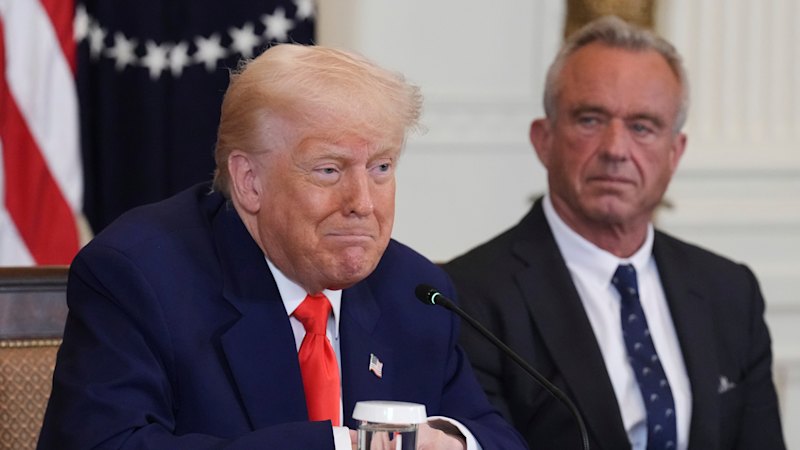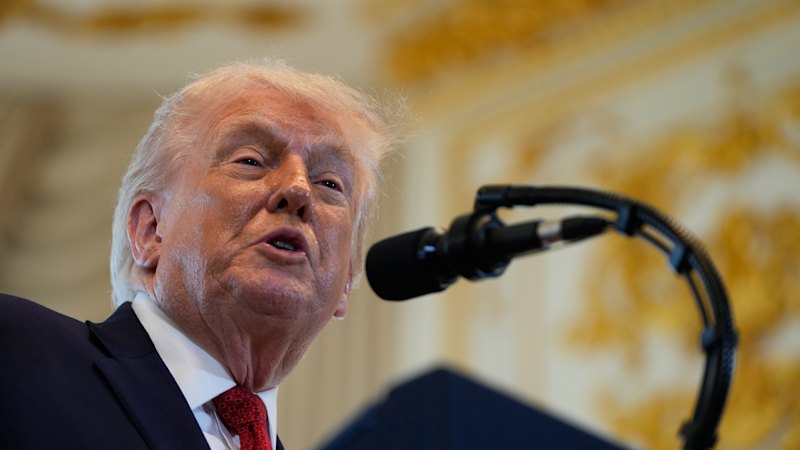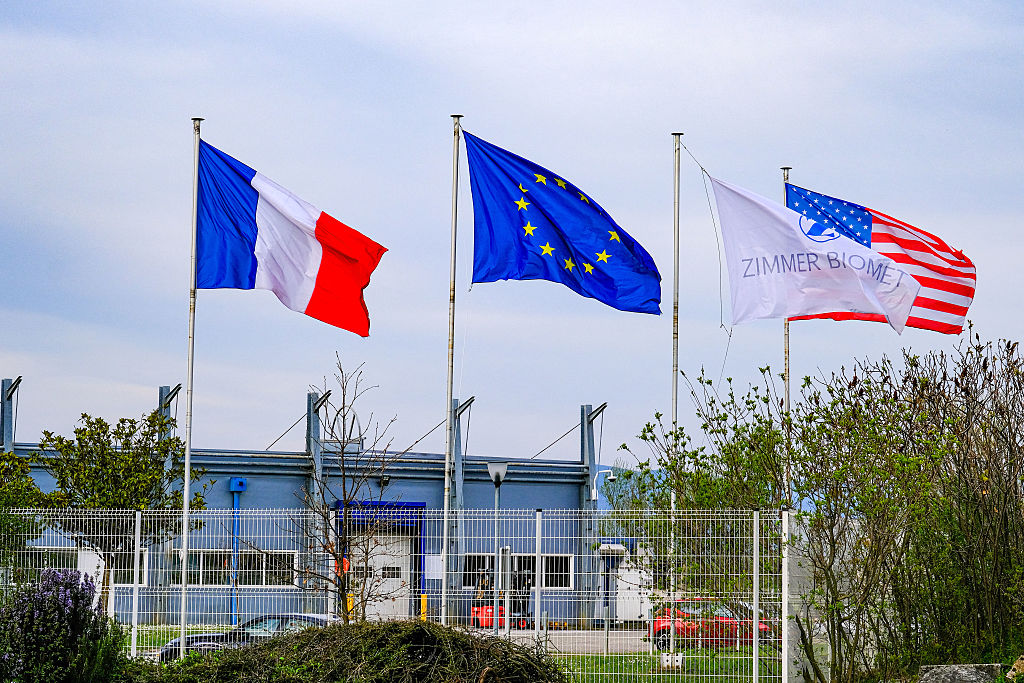
The ongoing debate over vaccines in the United States has intensified, placing significant pressure on former President Donald Trump to navigate a contentious landscape. The situation has become increasingly complicated with the involvement of Robert F. Kennedy Jr., a prominent vaccine skeptic, who has been vocal in his criticism of the Centers for Disease Control and Prevention (CDC) and its leadership.
A recent incident involving the CDC has drawn attention to the risks posed by misinformation surrounding vaccines. Following a tragic shooting at the organization’s headquarters, which was linked to an anti-vaccine activist, internal tensions have escalated. Reports indicate that Kennedy attempted to remove Susan Monarez, the CDC director, after she refused to endorse his calls for limiting access to proven vaccines. This conflict has led to resignations within the agency, placing its future in jeopardy as winter approaches.
The implications of this vaccine debate extend beyond agency politics; they have the potential to impact public health across the nation. The CDC has faced significant challenges, including mass layoffs and accusations of failing to protect children from preventable diseases. During a time when vaccine-preventable diseases are on the rise, concerns grow that the rhetoric from vaccine skeptics may lead to increased vulnerability among American children.
For many, the memories of childhood vaccinations evoke feelings of safety and progress. Vaccines were once heralded as a triumph in American public health. The recollection of receiving polio shots, for instance, serves as a reminder of the collective effort to eradicate diseases that once posed significant threats to children. Yet the current climate suggests a stark contrast to those earlier times, raising questions about the direction of public health initiatives.
The CDC is now under scrutiny for its handling of vaccine policies, especially with the introduction of new COVID-19 vaccines. The organization has implemented some of the most restrictive measures yet, with further constraints anticipated as Kennedy has reportedly influenced the advisory committee with members skeptical of vaccines. This aligns with a broader trend of vaccine hesitancy that threatens to undermine decades of public health achievements.
As the debate continues, many are left wondering how the United States, a leader in global health initiatives, can allow such divisions to flourish. The implications for public health are profound, with experts warning that the resurgence of once-eliminated diseases could lead to severe health outcomes.
The pressure on Trump to articulate a clear stance on this issue is mounting. As the former president navigates the complex dynamics of his political base, he faces the challenge of unifying differing viewpoints while promoting policies that protect public health. With children at stake, the decisions made in the coming months will have lasting effects on American society and the health of its population.
In a time when misinformation can have dire consequences, a renewed commitment to science and public health is essential. The nation awaits a decisive response from leaders on how to address these pressing challenges.






